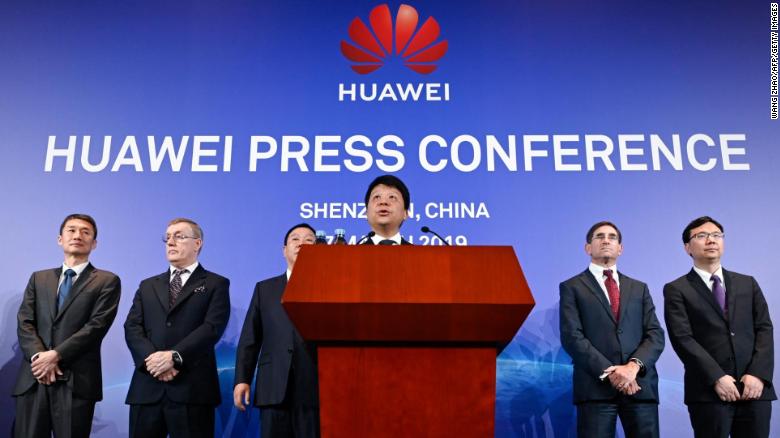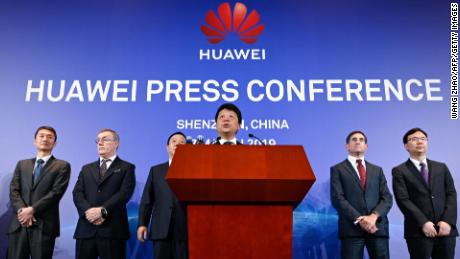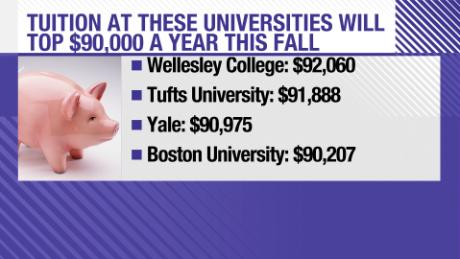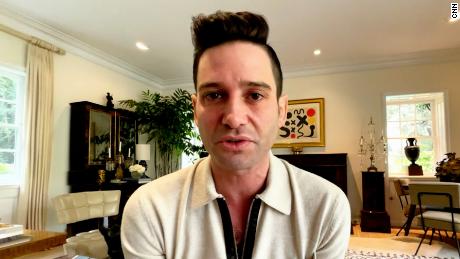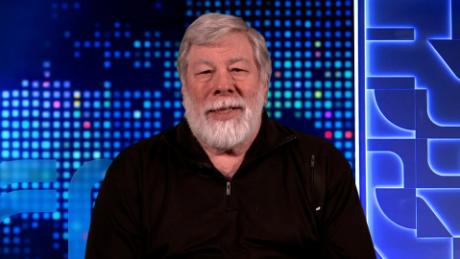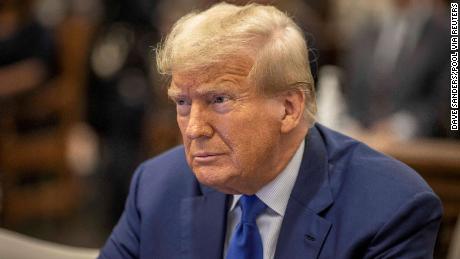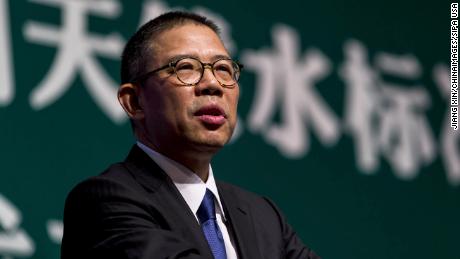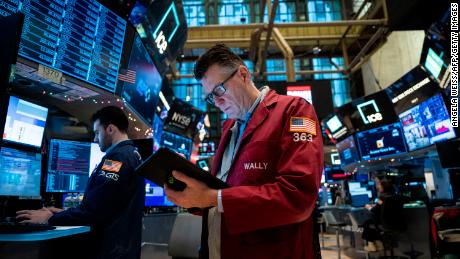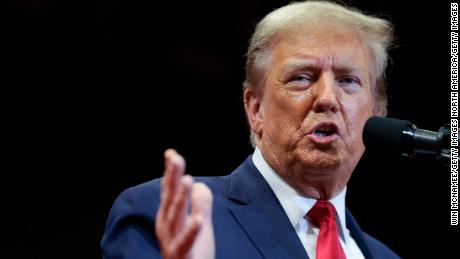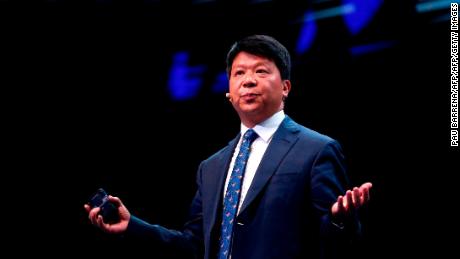London (CNN Business)China's Huawei shunned the spotlight as it grew to become one of the world's top tech companies. Now it's going on the offensive to counter a US campaign aimed at curbing its business.
Huawei founder Ren Zhengfei has given a series of rare interviews in recent weeks, and Huawei executives were out in force to defend the company at Mobile World Congress.
The company has taken out a full-page advertisement in the Wall Street Journal. In New Zealand, where the government has blocked its top telecom firm from using Huawei equipment in its 5G mobile network, Huawei is running ads that compare 5G without Huawei to "life without rugby."
But the most dramatic sign of the strategy shift came Thursday, when Huawei invited journalists to its campus in Shenzhen, brought out a team of top executives, and announced it was suing the US government over a law that bans federal agencies from buying its products.
"The US Congress has repeatedly failed to produce any evidence to support its restrictions on Huawei products," said Huawei Deputy Chairman Guo Ping. "We are compelled to take this legal action as a proper and last resort."
The decision to file suit shows how hard Huawei is willing to punch back against US efforts to convince other countries that using the telecom company's equipment in 5G networks is a threat to national security.
"Huawei has no downside in taking on the United States," said Duncan Clark, an expert on China's tech sector and the author of "Alibaba: The House That Jack Ma Built."
"They've precious little to lose in the US market," he said of Huawei. "The US government saw to that by sealing off their (already very protected) market. But they have a lot to lose in Europe and other developed markets."
In those places, Huawei is setting up "transparency centers" that allow customers to run security tests on its products. A new hub opened in Brussels this week.
The old Huawei
It's hard to imagine the Huawei of old taking such an aggressive line.
William Plummer, who spent eight years working on government and media relations for Huawei, wrote in a book published last year that Huawei "rarely spoke to the media and had negligible interaction with government."
The lack of engagement continued even after US lawmakers warned in 2012 that Huawei products "could undermine core US national security interests." The company denied that was the case, but its executives seldom made the argument in public.
Plummer wrote in his book that by not challenging the narrative, Huawei "had unknowingly allowed fear, uncertainty and doubt to become fact."
"The media were genuinely feared, and there seemed to be a real concern that jobs would be lost and heads would roll if even the slightest misstatements were made," he said of the company's culture.
What's changed
Washington has for years been suspicious that the Chinese government could use Huawei equipment to spy on other nations, without providing specific evidence. Huawei has denied the accusations.
But pressure on the world's biggest maker of telecommunications equipment has increased dramatically in recent months.
US prosecutors have filed criminal charges against Huawei in Washington state and New York. Huawei pleaded not guilty in Seattle last week to charges that it tried to steal trade secrets from T-Mobile (TMUS).
The company's arraignment in Brooklyn on charges that it worked to skirt US sanctions on Iran is scheduled for later this month.
Huawei's chief financial officer, Meng Wanzhou, has also been charged in that case. She was arrested in Canada in December and faces extradition to the United States. Meng and Huawei have denied the charges.
Much is at risk: Germany and the United Kingdom are deciding which kinds of restrictions to impose on Huawei equipment. Australia has already banned the company from providing technology for its 5G networks.
The intensity of the US campaign combined with the legal cases has provoked a different kind of response from Huawei.
Ren spoke to foreign media for the first time in three years in January, saying he loved China and supported the Communist Party but had never been asked to share "improper information" about Huawei's partners.
Guo, the company's deputy chairman, went further on Thursday, accusing American officials of hypocrisy and claiming the United States "has hacked our servers and stolen our emails and the source code."
Plummer said in an email that Huawei "is at long last standing up for itself against unsubstantiated allegations."
"There is a solid global understanding that Huawei gear is not only leading the industry, but is essential to the future of 5G," he said. "It seems that while there was initial acceptance of the US warnings of 'threats,' that as the campaign has worn on, there is more and more skepticism. And this has emboldened Huawei yet further."
While analysts think the pushback from Huawei is designed to help preserve its access to lucrative markets in Europe and beyond, the company says it's not giving up on the United States.
"We have to understand the risk to this country, and to make this country safer," Huawei's chief US security officer Andy Purdy told CNN Business last week. "Blocking Huawei does not make America safer."
"We have not given up," he added.
CNN Business' Julia Horowitz contributed to this report.
